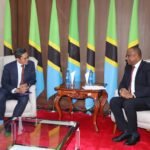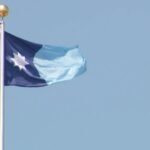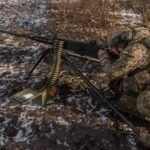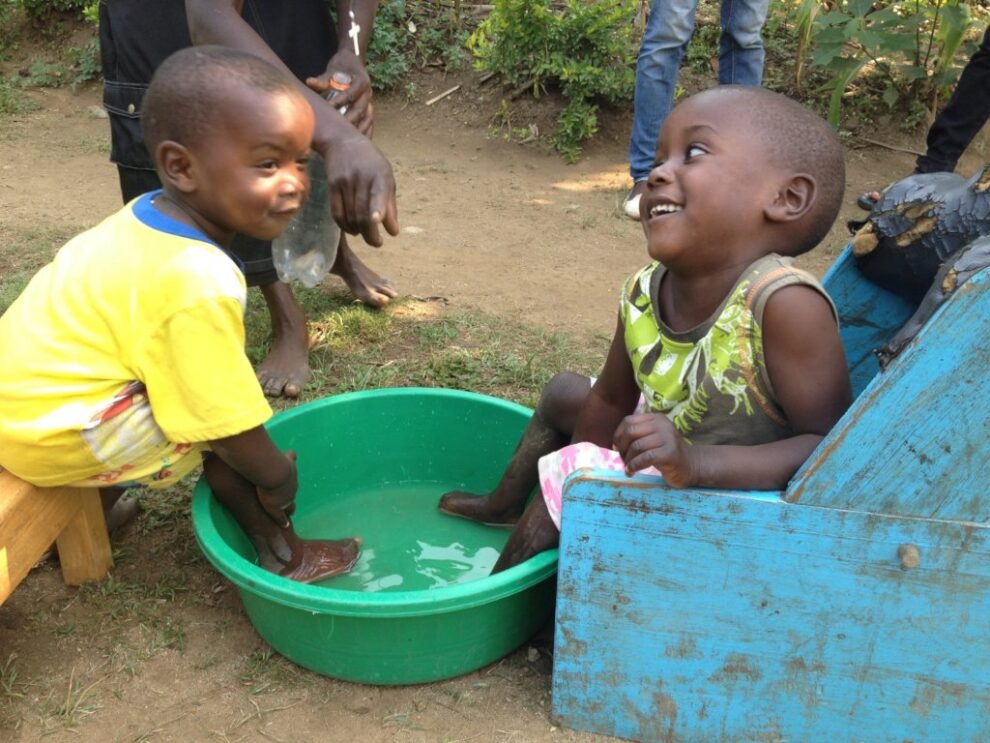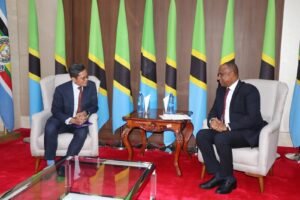In Ghana and other parts of Africa, children born with disabilities are considered evil and often killed. Sister Therese and her Marian Sisters of Eucharistic Love dedicate their lives to rescuing, caring for, and loving these children, who are rejected by their own families. Aid to the Church in Need (ACN) helps these sisters and recently funded the construction of a new convent.
She calls herself Sister Stan Therese Mumuni, but to the children she has rescued from certain death, she is more than a sister. She is a mother and a savior.
Sister Therese was a religious sister in Nigeria for 15 years, before acting on God’s call to return to her home country of Ghana. At the invitation of the former Bishop of Yendi, she raised a little money and rented a house from a Muslim family, where the children she helped would also live.
In many parts of Africa, including northern Ghana, children who are born with mental or physical disabilities are considered bewitched, or “evil,” and they are often left to die, if not outright killed. This is where Sister Therese steps in: she takes custody of the children and gives them a home where they are loved and cared for by the Marian Sisters of Eucharistic Love and 35 additional staff members. 120 children currently live there.
“It is terrible to see a beautiful child condemned to death, just because they cannot speak, or walk, or see. If you have a child who cannot see in the community, their mother cannot farm or fetch water with the other women, because they tell her she has an evil child. And if there is any misfortune in the village, they blame it on the child, and they kill it,” Sister Therese explained during a visit to ACN’s international headquarters in Germany.
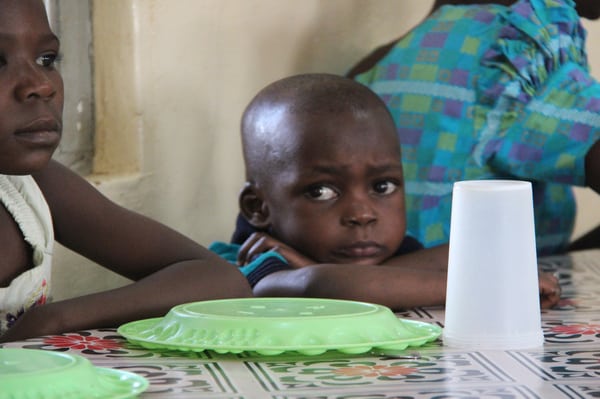
When it comes to faith, northern Ghana’s population is quite diverse. According to Sister Therese, about 35 to 40 percent of the country is Christian. There is a roughly equal number of Muslims, and the remaining 20 to 30 percent of the population practice traditional African religions.
“The traditional beliefs affect the children. If a child is born blind, they are considered evil; if they cannot speak, they are considered evil; if a mother dies in labor, the family rejects the child, because they are considered evil. Even if the child is in the hospital, the mother will run away and leave them, and the hospital must call us to go and save them.”
In some cases, families refrain from killing their children directly, and they take them to the Nazareth Home for God’s Children. Sister Therese says that a family once told her that the child they were delivering caused over a dozen deaths.
“I asked if she used a knife or a gun. They said no, that she was evil and that she could not see. I said, ‘Okay, then you are bringing her here, and now she will kill me and all the children.’ And they said, ‘No, your God is powerful; she cannot kill you.’ They know that we serve a powerful and ever-living God.”
The sisters’ work is also pastoral, even though the seeds take time to grow. “I said, ‘If you know that my God is powerful, come to my Church. Join us.’ But they said no, that they cannot come,” she recalls.
The work of the Marian Sisters of Eucharistic Love continues to bear fruit. But it is only possible because of the help they receive from outside Ghana, which is facing a financial crisis made worse by the war in Ukraine. ACN recently supported the construction of a new convent for them, but still, they require more help. Now, for example, they need a vehicle, so they can take children to the hospital, which is 90 minutes away. They also need clothing for the children and the sisters, and university tuition for some of the novices. “We don’t want to ask for money for every little thing. We want help to establish projects, and we can get funds from there. We can start a school, and then get money from the families who send their children to the school, or a clinic, where we can also have paying patients,” Sister Therese explains.
She credits the faith of the children for the sisters’ optimism and energy. “My children are prayer warriors. At meals, even though they are hungry, they stand and wait until everybody is served, and they pray before they eat. They say the rosary every day. When I am away, any time I call them, they say they are praying for me, and for this person or that. They are very prayerful.”
Source : Cruch in Need


